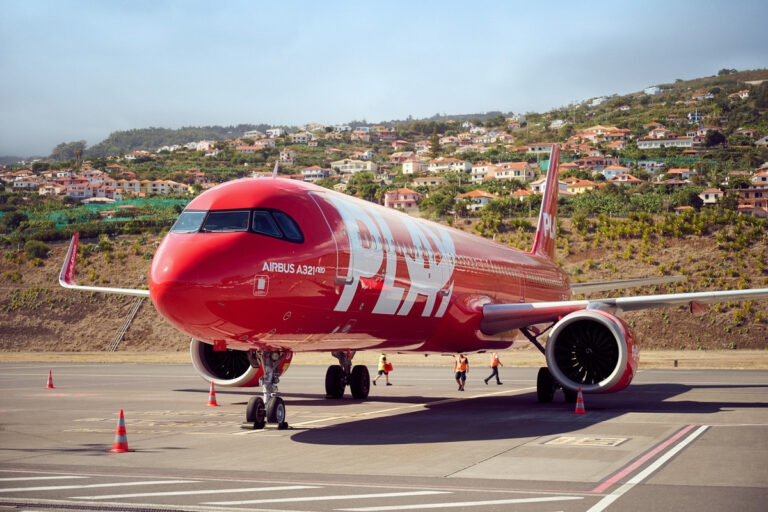
The aviation landscape in Europe has recently seen a significant development with the granting of an Air Operator Certificate (AOC) to Malta. This decision has far-reaching implications for the regional aviation industry, allowing Malta to expand its role as a key player in European air transportation. The Maltese authorities, having met stringent international safety and operational standards, are now officially recognized as a certified operator of commercial flights.
This new certification will provide Malta with the opportunity to further solidify its position as a competitive hub for air operations within Europe. It enhances the country’s ability to attract and foster both domestic and international airlines, establishing it as a critical nexus for aviation activities. The granting of this certificate is expected to boost Malta’s tourism sector, as well as create new employment opportunities within the country, from airline staff to ground crew and aviation management professionals.
One of the central advantages of this certification is the streamlined process it offers for carriers wishing to operate flights from Malta. With this certification, operators can now launch new routes and expand existing services without needing to meet additional regulatory hurdles in other jurisdictions. This is particularly beneficial for low-cost carriers, which have been expanding rapidly in Europe, and it is expected that Malta will see an uptick in budget flight offerings.
The certificate also carries an economic boon, as it positions Malta as a strategic base for aviation activities, enhancing its global connectivity and fostering greater trade. With new international connections, businesses in Malta will benefit from increased access to new markets, which could significantly impact the island’s economy and business environment.
The Maltese government has been a strong advocate for strengthening the country’s aviation industry in recent years. With a focus on sustainability, regulatory compliance, and safety, the authorities have worked tirelessly to align Malta’s aviation standards with international benchmarks. This AOC achievement comes on the heels of Malta’s initiatives to enhance its airport infrastructure and streamline its regulatory frameworks.
The significance of this development is not just regional but also global, as the decision strengthens Europe’s network of interlinked aviation services. It represents the European Union’s ongoing commitment to supporting small and mid-sized member states in bolstering their industries, fostering competition, and ensuring the sustainable growth of the aviation sector across the continent.
Airline operators, both established and emerging, will now have a broader set of operational possibilities within Malta. Many observers anticipate that this move will lead to greater competition, which should eventually translate into better service, lower fares, and increased connectivity across the region.
In conclusion, the grant of Malta’s Air Operator Certificate is a milestone in the country’s aviation sector, one that will have far-reaching consequences for its economy, tourism, and overall global presence. This decision reaffirms Malta’s commitment to upholding safety, operational excellence, and service quality, while also embracing new growth opportunities in a rapidly changing European aviation market.

